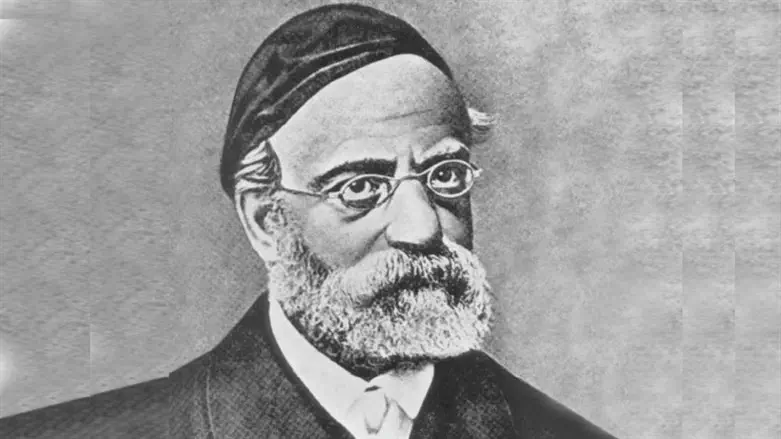
When we study Parshas Toldos as kids, Rivkah’s plan seems straightforward: Trick Yitzchak into giving Yaakov his paternal blessing.
But blessings aren’t magical incantations. They need Hashem’s consent. Why in the world, though, would Hashem consent to a blessing based on a lie? It makes no sense. Rav Hirsch puts it this way:
“How can Rivkah imagine – even if she succeeds in deceiving the old blind father – that G-d, the All-Seeing One, could conceivably be taken in by such a pitiful mummery or believe that the blessing of Avraham, which G-d had made conditional on tzedakah u’mishpat being practiced, could be obtained from that same G-d by way of such trickery and deception?”
Rav Hirsch also notes that Rivkah’s strategy to fool Yitzchak seems so amateur. Goat skins on Yaakov’s arms and neck are going to fool him? Couldn’t she think of something more clever?
Rav Hirsch answers that the amateurish nature of the plan was the whole point. She wanted to show her husband how easily he could be tricked. She knew Esav wasn’t fit to receive the blessing intended for the next leader of the House of Avraham. She had told Yitzchak that many times, but he wouldn’t listen. Esav was a smooth talker and knew how to fool his father.
By sending Yaakov in to Yitzchak with goat skins to steal the blessing, Rivkah intended to force her husband to face his own naïveté (as he would necessarily discover he had been tricked once Esav walked into the room).
And, indeed, that’s what occurred. When Esav arrived and Yitzchak realized he had been fooled, “‘vayecherad charadah gedolah d me’od,’ he received a terrific shock, he saw – as our Sages put it – Gehinnom open at his feet, saw how all his life he had allowed himself to be deceived. Immediately, the scales fell from his eyes, and he immediately added deliberately his confirmatory and now fully consciously expressed blessing ‘Gam baruch yiyeh, And indeed [Yaakov] shall be blessed.’”
